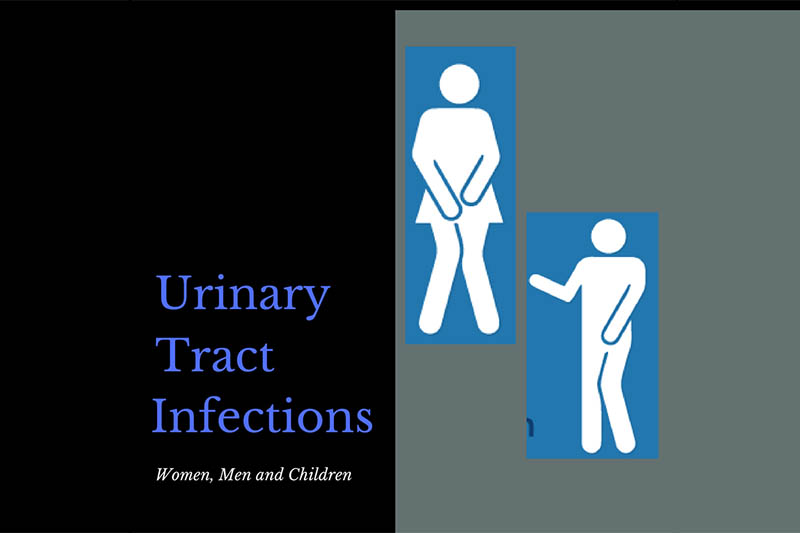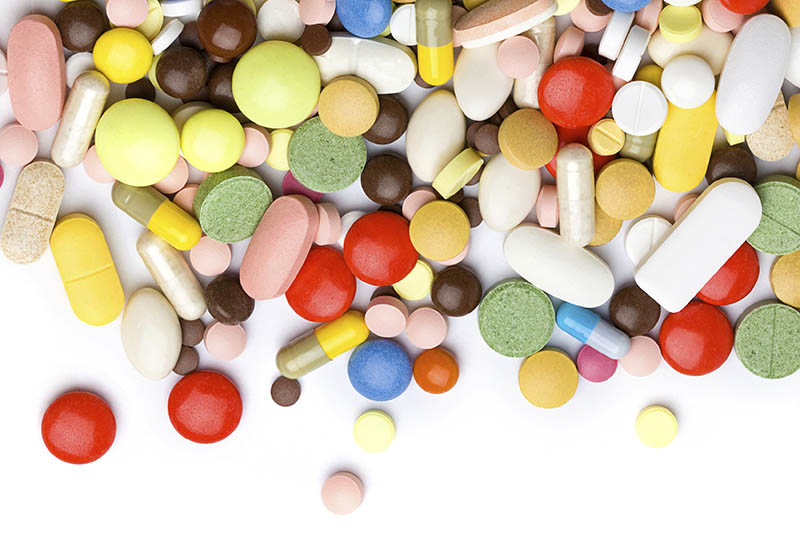
What are UTI’s? Urinary Tract Infections
Do you… Frequently or urgently need to urinate Often only pass small amounts of urine Have Pain or burning sensation when urinating These can be symptoms of urinary tract infections. There

Corticosteroids are powerful anti-inflammatory drugs that help to suppress the immune system. These drugs are effective in treating many ailments, particularly autoimmune diseases, and have been used effectively for many years.
Corticosteroids (cortisol, corticosterone, cortisone, and aldosterone) are produced naturally in the body by the Cortex, which is the outer portion of the adrenal gland, and can be broken down into two categories:
Examples of synthetic corticosteroids:
Corticosteroids are used to treat a long list of ailments and diseases. These include
Corticosteroids can interact badly with many other medications, so people using this drug must always consult with a doctor or pharmacist before using in conjunction with other medicines.
These drugs lower the effectiveness of antibiotics and vaccines, cause low blood pressure and heart failure when combined with medications that lower potassium levels, and have their effectiveness rapidly increased with the supplementation of estrogens.
Corticosteroids should never be taken without advice and consultation with a physician.
These medications should be taken with food, not mixed with drugs or alcohol, and abstained from when pregnant or breastfeeding.
A person taking corticosteroids should be a low sodium, high potassium, high protein, and low-calorie diet.
Due to decreased immune system efficiency, people taking this medication should avoid people with contagious illnesses and infections, particularly children using this medication.
This drug should not be stopped suddenly, as an adrenal crisis may occur. This is characterized by nausea, vomiting, and shock.

Do you… Frequently or urgently need to urinate Often only pass small amounts of urine Have Pain or burning sensation when urinating These can be symptoms of urinary tract infections. There
Disclaimer – Our intent is not to diagnosis but to offer information on therapy choices and practitioners. Information on this site is intended general educational purposes only. Any statements made are carefully referenced and any information, products or services discussed are not intended to diagnose, cure, treat or prevent any disease or illness. Please consult a healthcare practitioner before making a choice.